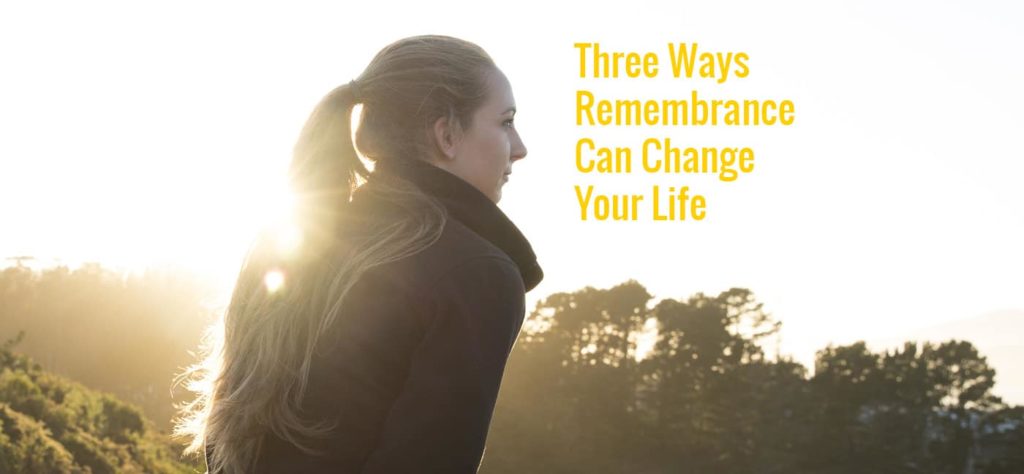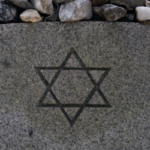Three Ways Remembrance Can Change Your Life

It seems I forget things all the time. Names go in one ear and out the other—I’ve learned to just swallow my pride and ask for the third time if I have to. Depending on how much I have on my mind, I forget items like my keys, phone, and clothes in the laundry. In those instances, forgetting is often inconvenient (sometimes a LOT inconvenient), but there are other things, if forgotten, that bring greater consequences.
Forgetting (or neglecting) family and friends can lead to damaged relationships and isolation. Forgetting the lessons of the past and where we came from can lead to unnecessary mistakes and the loss of a sense of identity and belonging.
Forgetting the blessings we have can bring a sense of emptiness, discontent, and despair.
The antidote to these things?
Remembrance.
The following are three of the ways remembrance has changed my life.
1. Remembering can bring comfort and closeness with those we love.
My mom passed away from cancer two and a half years ago. Shortly after her passing, I was lying in bed, tears running down my face. How was I going to live the rest of my life without her? The world seemed so empty. Then, into my mind came this thought, as if it were my mother’s voice: “When you’re having a hard time, remember how much I love you.” The remembrance of my mother’s love has sustained me through many more lonely nights. In addition, when I feel alone, I’m often forgetting the support network of people who know and love me. It’s not always easy to reach out for help, but when I do, it’s healing, and I feel a greater sense of connection to the people I love.
Action Item: In moments of difficulty, think of someone who could use a kind word and send them a short text telling them how much they mean to you. Sometimes when I’m struggling, a text is all I have the emotional strength for, but this simple gesture uplifts and connects both people involved.
2. Remembering the past can give us strength to move forward.
I have the tendency to feel sorry for myself at times, particularly in regards to being single and/or not knowing what to do with my life. On one lonely day I was flipping through a family history when I came across the story of my sixth-great grandmother, Mary Fielding. She did many difficult things, much of the time without the support of a husband. After emigrating from England to the United States, she was widowed twice, crossed a thousand miles of prairie with her children, made a new life in a new place, and lived to be over a hundred years old. Strength and inspiration comes from knowing that someone who is part of your heritage pressed forward and overcame difficult obstacles. In moments of weakness, I can reflect on Mary’s story, take a deep breath, and keep moving forward.
Action Item: Find a story from the life of a family member or another person who inspires you. Read it often, especially when you’re feeling discouraged.
3. Remembering our blessings can help us be happy now and have hope for the future.
I used to think that when people said, “Be grateful,” it was just code for, “Stop whining.” I hated that. Over time, I’ve learned that cultivating gratitude isn’t minimizing difficulties and painting a falsely cheerful picture of the world. I’ve found that sometimes the most helpful way for me to practice gratitude is in specific “even though” statements: “Even though I miss my mother horribly right now, I’m grateful for the close relationships I’ve developed with my extended family because of this loss.” That way I acknowledge the pain, but am mindful of the good things that have come in the midst of it and can have faith in good things to come in the future.
Action Item: When you’re feeling negative or critical, flip the switch by saying or writing three “even though” statements with things you’re really, truly grateful for that day.
Remembrance seems simple, but is a principle of real power. As I’ve remembered the people who love me, what I’m grateful for, and lessons from the past, I have hope—the confidence that ultimately, everything is going to be okay.
Ariel Szuch is a word nerd, writer, and compulsive reader who finds purpose in a life of faith.
![]()



